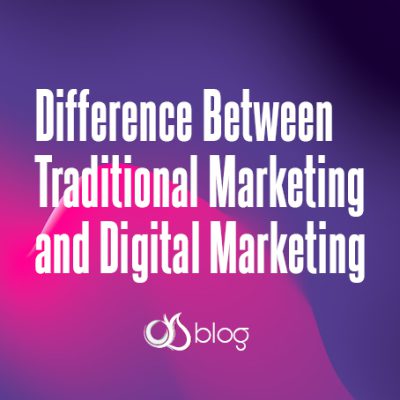
In a world that is constantly evolving through people beginning to understand the benefits of leaving 9-5 jobs and creating their own world of business, it’s essential to know what would drive them more towards becoming entrepreneurs. In terms of who is responsible for the creation and development of a company, we think there are two kinds of companies: entrepreneurial, and academic. This article will define each one and answer the question “what’s the difference between entrepreneurial and academic companies?”.
Entrepreneurial Companies:
These are companies where an entrepreneur takes the initiative to develop an idea or concept and then seeks investment from external sources to bring the idea to fruition. This type of company typically relies on the vision, creativity, and leadership of the entrepreneur to drive the business forward.
Academic or University Spin-off Companies:
These are companies that are established based on knowledge or technology developed within a university or academic setting. The founders or key stakeholders of these companies are often researchers, professors, or individuals closely associated with the university. Such companies leverage the intellectual property, research findings, or expertise gained from the university to create commercial ventures.
For adjectives describing each type of company, you could consider the following:
- Entrepreneurial Companies:
- Innovative
- Visionary
- Dynamic
- Agile
- Risk-taking
- Academic or University Spin-off Companies:
- Research-driven
- Knowledge-based
- Intellectual
- Collaborative
- Academic-affiliated
These adjectives reflect the characteristics and attributes commonly associated with each type of company. However, it’s important to note that these terms may vary based on context and individual perspectives.
Are you looking for a good adjective for factories?
If the second type of company is a factory for manufacturing things, and it is driven by individuals with university knowledge who have started and continue to work based on their academic background, you could use the following adjectives to describe such a company:
- Engineering-driven
- Technologically advanced
- Knowledge-intensive
- Expert-led
- Research-oriented
These adjectives emphasize the strong foundation of technical expertise and academic knowledge that drives the operations and innovations within the manufacturing factory. It highlights the company’s focus on utilizing advanced engineering principles, leveraging cutting-edge technologies, and applying research-based approaches to design, develop, and manufacture high-quality things.
Why does this matter?
From the information above, we can draw several conclusions regarding a vast number of people starting their own businesses:
- Diverse motivations: People start businesses for various reasons, including pursuing innovative ideas (entrepreneurial companies) or leveraging their academic knowledge (academic spin-offs). Motivations can range from financial gain and personal fulfillment to making a societal impact.
- Different skill sets: Starting a business requires different skill sets depending on the type of company. Entrepreneurial companies often require strong leadership, networking, and entrepreneurial skills. Academic spin-offs may require deep subject matter expertise, research capabilities, and collaboration with academic institutions.
- Innovation and knowledge transfer: Both types of companies contribute to innovation and knowledge transfer. Entrepreneurial companies drive innovation by bringing new ideas to market, while academic spin-offs bridge the gap between academia and industry, translating cutting-edge research into practical applications.
- Economic and societal impact: Startups, regardless of their type, can have significant economic and societal impacts. Entrepreneurial companies can create jobs, stimulate economic growth, and introduce disruptive products or services. Academic spin-offs can commercialize university research, contribute to regional development, and address specific industry needs.
- Ecosystem collaboration: Both types of companies often benefit from collaboration within their respective ecosystems. Entrepreneurial companies may seek investment, mentoring, and industry connections from external sources. Academic spin-offs may collaborate with universities, researchers, and institutions to leverage knowledge, access resources, and foster innovation.
Conclusion
Overall, the variety of people starting their own businesses reflects the diverse nature of entrepreneurship and the multiple pathways individuals can take to establish successful ventures. Understanding these different types of companies can help aspiring entrepreneurs align their goals, leverage available resources, and make informed decisions when starting their own businesses. Read about branding for Academic Companies here.










John Parson
This is perfectly written. I really needed this information and had failed to find this all in one place.
John Parson
Good read. These adjectives will help with defining our strategy.